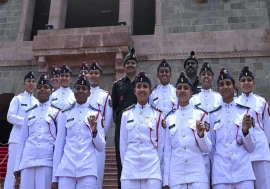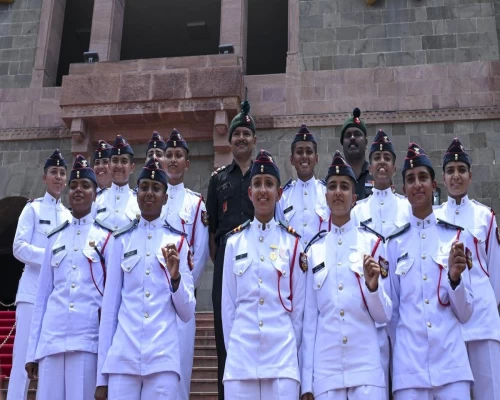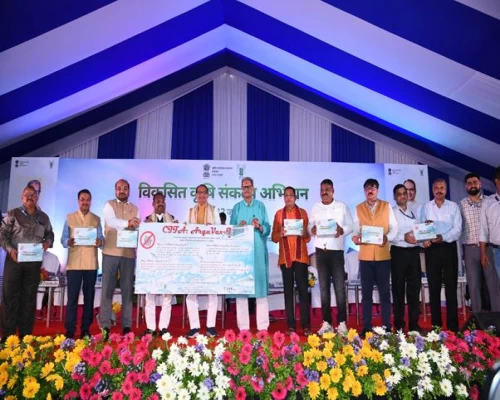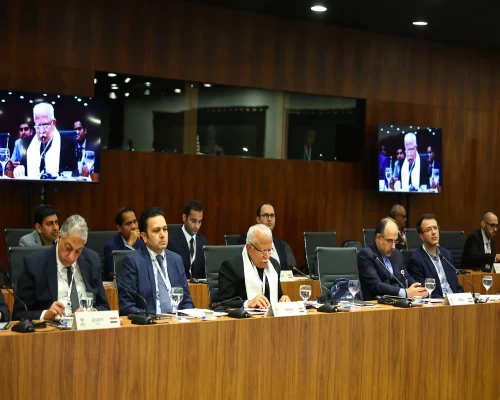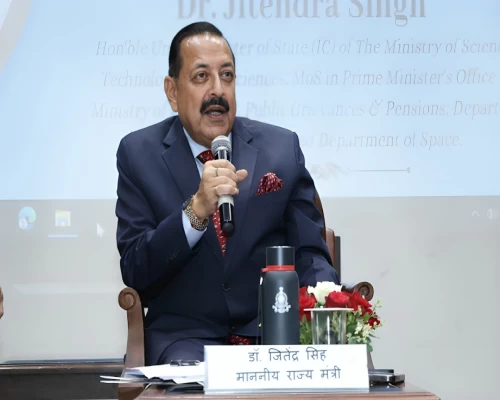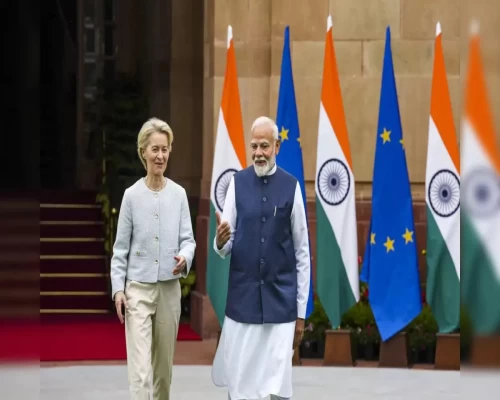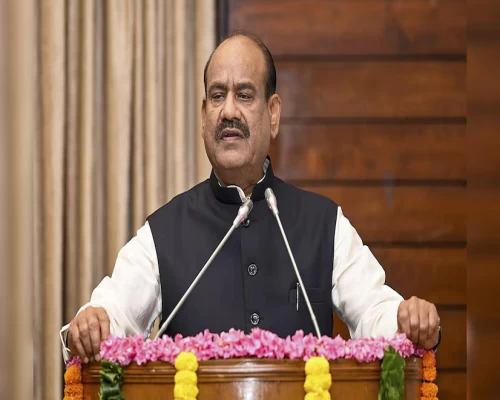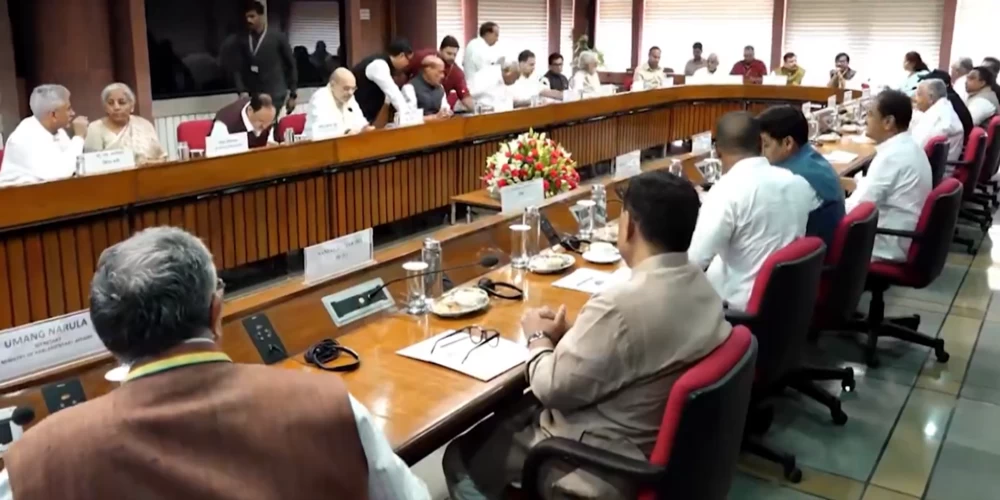
New Delhi: Over 100 terrorists were killed in Operation Sindoor, a precision military strike by India on terror camps across Pakistan and Pakistan-occupied Kashmir (PoK), Defence Minister Rajnath Singh told leaders at an all-party meeting on Thursday. The strike was carried out in response to the recent Pahalgam terror attack that killed 26 people.
Singh described Operation Sindoor as an “ongoing operation”, indicating that the Indian military remains prepared to respond to any escalation from Pakistan. He said India does not wish for further military action but will act decisively if provoked.
The briefing to opposition parties was marked by consensus and cooperation. Congress president Mallikarjun Kharge said, “We heard what they said... they also said some information had to remain confidential. We said 'we are all with the government'.” Parliamentary Affairs Minister Kiren Rijiju noted the mature tone of the meeting, stating that all parties refrained from political bickering.
Operation Sindoor, conducted in a synchronised 25-minute window, targeted nine terror camps using precision weapons such as the SCALP missile and HAMMER bomb. The camps included key installations of Lashkar-e-Taiba and Jaish-e-Mohammed, the former linked to the Pahalgam massacre and the latter responsible for the 2019 Pulwama attack that killed 40 CRPF personnel.
The operation was designed to dismantle terrorist infrastructure without targeting any Pakistani military establishments and was timed to minimise civilian casualties. Army spokesperson Colonel Sofiya Qureshi said the targets were chosen based on “credible intelligence and their involvement in cross-border terrorism”. She was joined by Wing Commander Vyomika Singh, who confirmed that the Indian military remains alert for any retaliatory response from Pakistan.
Unconfirmed reports suggest Pakistan is contemplating a military response, even as its military continues daily cross-border firing into Indian territories. Thirteen people, including a soldier, have been killed in sectors like Uri, Kupwara, Baramulla, and Akhnoor since the Pahalgam attack.
The Pahalgam incident, in which 26 people, including a 70-year-old man, were gunned down at close range in front of their families, triggered global outrage. India has blamed the "Pakistani deep state" for the attack, an allegation Islamabad denies. However, at a recent United Nations Security Council meeting, Pakistan was questioned about terror groups continuing to operate from its soil.
In addition to the military action, India has also implemented non-military measures. These include suspending certain types of visas and putting the 1960 Indus Waters Treaty on hold, a critical agreement that governs water sharing and sustains nearly 80% of Pakistani agriculture. In response, Pakistan has suspended the 1972 Simla Agreement, which governs the Line of Control.
Operation Sindoor, India’s latest strike, signals a shift in approach, combining diplomatic, economic, and military instruments, aimed at dismantling the terror infrastructure across the border.
BI Bureau



